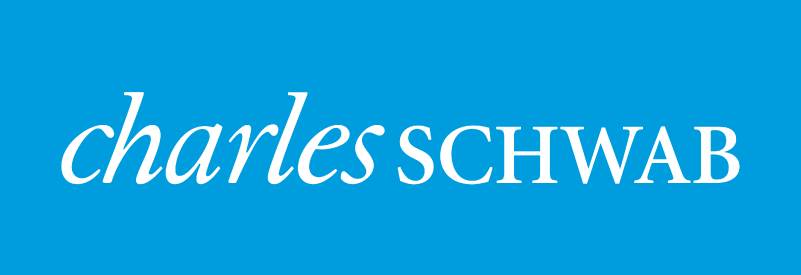Global equity markets in August managed to post marginally positive returns with emerging markets (+2.5%) again outpacing developed markets (+0.3%). After a double digit loss to begin the year, emerging markets have rallied strongly, posting year to date gains of over 16% which is 7% higher than the average returns for developed markets. U.S. equity markets in August managed to hold onto small gains as the back half of the month gave back nearly all of the gains posted in the initial two weeks. Large caps (+0.14%) again lagged small caps (1.77%) as global multi-national corporations wrestled with a strong U.S. dollar which climbed 0.52% against a trade weighted basket of foreign currencies. The rotation in sector strength away from high yields and lofty valuations became more pronounced in August as yield oriented utilities (- 5.6%), telecommunications (-5.7%), and consumer staples (-0.5%) lagged the market while technology (+2.1%) and financials (+3.8%) posted robust returns. Over the past few weeks, financial stocks have broken decisively to the upside, climbing a barrage of negative storylines including negative interest rates, European NPLs, subdued capital market activity, regulation, flattening yield curves, and concerns over thin balance sheet capitalization.
Fed narrative throughout the month was seemingly intended to guide markets toward higher expectations of a rate hike in 2016. Regardless, fed funds futures continued to price in a low likelihood of September hikes (21%) and a coin toss in December (51%). Anecdotally, within 10 days of every Fed announcement dating back to 2006, futures markets have correctly predicted the outcome, going 86 for 86, by pricing a minimum of 60% or greater likelihood on each occasion. The August jobs report of 151,000 came in well under June and July levels and missed expectations for 180,000. Most market participants read this result as one that will keep the Fed on hold at least until the December meeting as it did not support the hawkish view of an overheating economy. Also of interest in the report was wage growth of 2.4% year over year. Every month so far in 2016 has posted wage growth of equal to or greater than 2015’s average level of 2.3%. For the month of August, the yield curve flattened further and rates rose slightly as the 2yr rose 13bps, from 0.67% to 0.80%, while the 10yr moved only 0.07% higher, from 1.51% to 1.58%.
Other notables in August included a significant change in U.S. equity sector classifications, which carved REITs out of financials, creating their own sector classification. Dilma Rousseff was officially impeached in Brazil, which has posted the strongest returns globally so far this year (+62%). Interestingly, Brazil’s stock market is trading at a 162x price to earnings multiple but less than 10x price to trailing sales. The Bank of England took the widely expected step of cutting interest rates in response to Brexit but also levied an unfavorable comment on the central bank trend of negative interest rates.




Leave a Reply